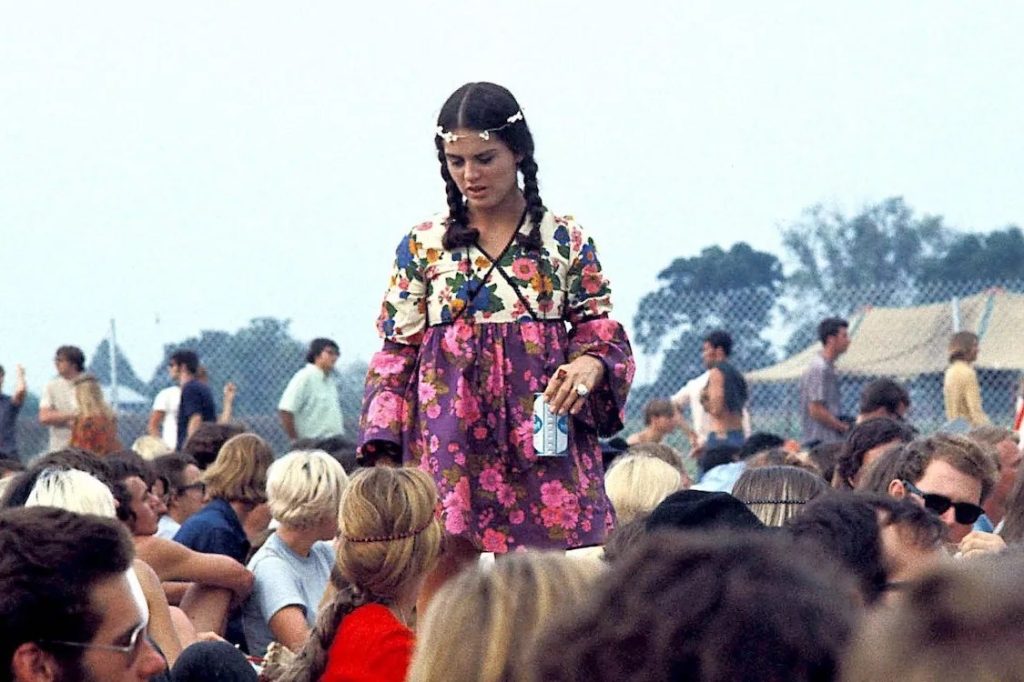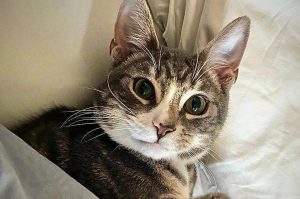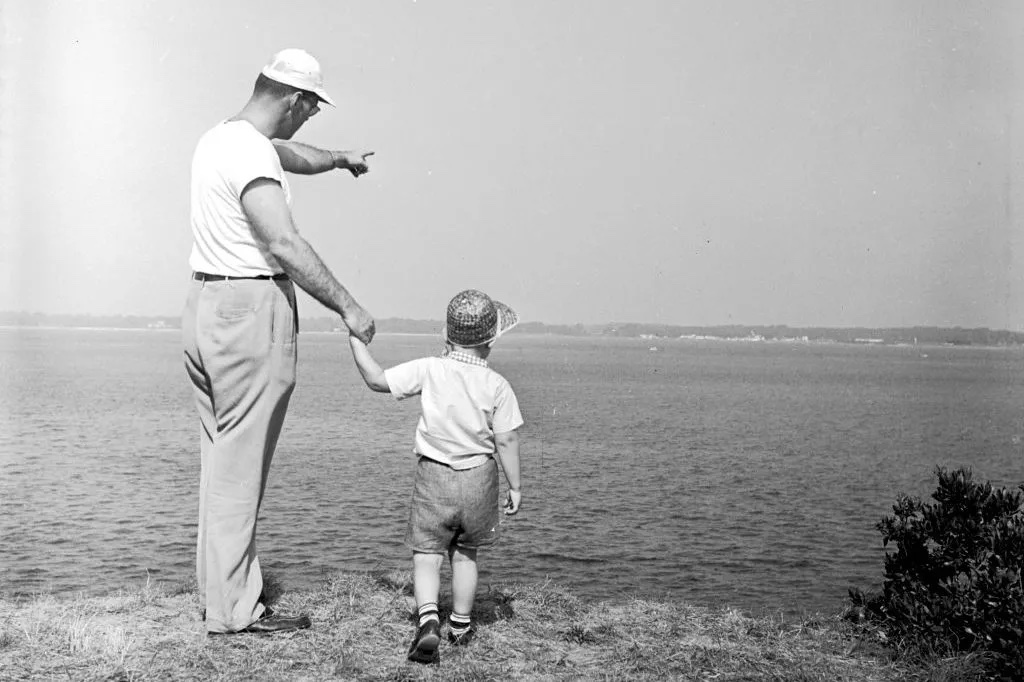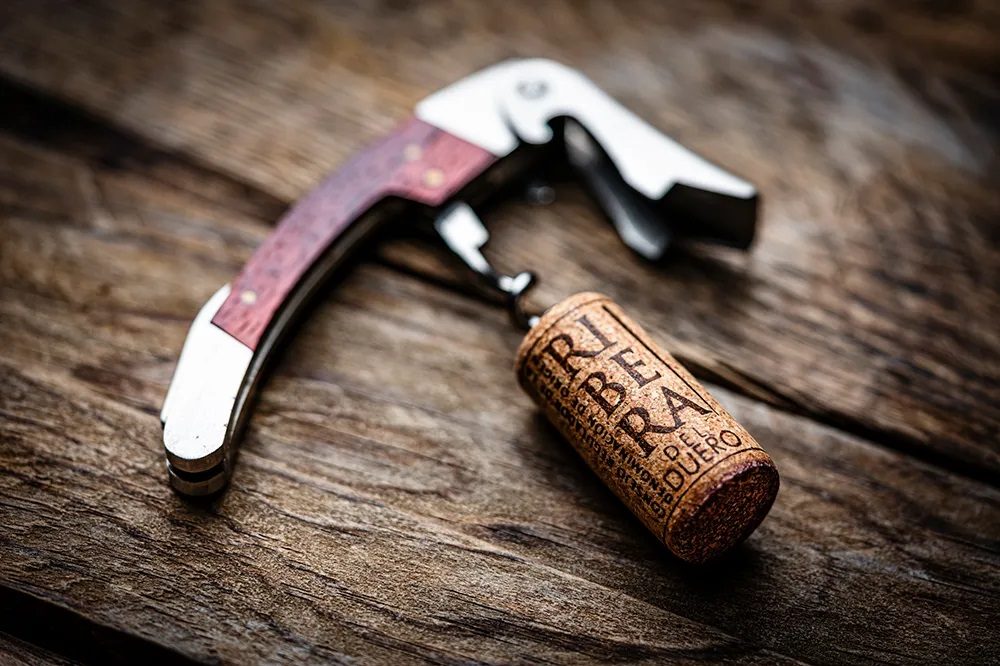I grew up in the America of the 1960s, an era renowned for its kaftan-wearing hippies, its ethos of free love and hallucinogens, and demos against the Vietnam War. This was something that caught the imagination of my two London-born, English sons, once they were old enough to have acquired some knowledge of recent social history. And they naturally assumed I’d been part of that whole scene, with flowers in my hair and love beads around my neck, smoking pot and blasting out Jimi Hendrix records from a bedroom hung with Che Guevara posters. They took it as read that I was at the legendary Woodstock music festival and danced all night in a muddy field. This image of their youthful mom appealed to them, so they convinced themselves it was real.
Once, when I was fifteen, a boy asked me if I liked grass, and I honestly thought he meant the stuff of lawns
It couldn’t be further from the truth. I had to tell them that their mom had been a real square, as they called uncool people back then. I wasn’t in the least bit psychedelic, having no interest in drugs. I didn’t even smoke pot, although practically everyone I knew did. Once, when I was fifteen, a boy asked me if I liked grass, and I honestly thought he meant the stuff of lawns. I shrugged and replied “Well, it’s nice to walk on with bare feet.” Square, huh? I did smoke cigarettes, albeit very mild ones called Virginia Slims, designed for women. (Their advertising slogan was “You’ve come a long way, baby.” I guess they didn’t mean me.)
I didn’t dress like a hippy, either. Instead, I took my cue from the Sally Field character in the 1960s sitcom Gidget. She was a California beach girl who went surfing and favored those ribbed-cotton “poor boy” tops and sleek slacks. I didn’t surf, obviously, it wasn’t a thing in suburban New York. But back then, I actually bore such a close resemblance to Sally Field that kids at school would ask me if we were related. When I said yeah, she’s my sister, the more gullible ones believed me.
So that leaves political activism. Anti-war demos? Nah, never went on one. I didn’t rail against the Vietnam War. Don’t misunderstand — I wasn’t a hawk or anything. It’s just that I didn’t have much time to fret about it. While others were out chanting “Hey, hey, LBJ, how many kids did you kill today?,” I was probably trying to get my parents’ permission to attend some friend’s house party, or agonizing over whether the fancy private-school boy I’d met while out shopping would ever call me, or desperately hoping I would pass my driving test the second time around if I didn’t go through a red light again. You see? A bit preoccupied.
Decades later, when my teenaged sons probed me about my presumed wild youth — did I ever have a bad LSD trip? Get roughed up by the cops? Burn my bra? — I would smile patiently and explain that they had got me all wrong; mine had been a very un-1960s sort of existence. They would merely smirk, exchange looks and retort “Sure, mom. Yeah, right.” They reckoned I was simply whitewashing my “groovy” past so as not to encourage them into a life of sex, drugs, and rock’n’roll. The alternative was too awful to contemplate: that their mother didn’t know that “grass” was marijuana and hadn’t been a flower-child putting a daisy in the barrel of a National Guardsman’s rifle. That she had, in fact, been entirely, embarrassingly, devoid of hippy street cred.
This 1960s theme cropped up from time to time over the years, but despite my protestations, my sons hung on to their preferred notions of my past. In the end, I stopped denying any of it. Today, I have two teenage grandsons. I won’t be going through that rigmarole again. After all, what does it matter if your offspring, or their offspring, have a few harmless illusions about you? We perceive everyone — even those closest to us — through the prism of our imagination, and there’s always a bit of refraction in that, a bit of added color. So I’ll take a different approach this time. “Look, guys,” I’ll explain, “there’s an old saying: ‘If you remember the 1960s, you weren’t there.’ So yeah, man, it was crazy! But my memory of it is a bit hazy…”
This article was originally published on The Spectator’s UK website.

























